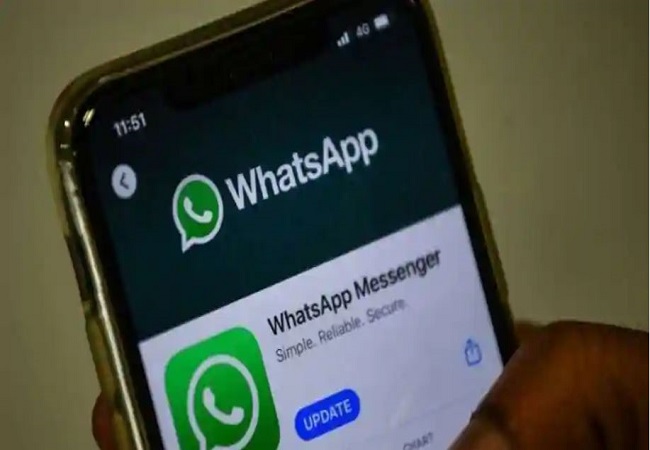
New Delhi: After WhatsApp filed a legal suit against the Centre on grounds of privacy of individual, Union Minister Ravi Shankar Prasad today stated that government has no intention to violate the privacy of individuals.
He also added that asking WhatsApp to disclose origin of a particular message will only lead to “Prevention, Investigation or Punishment” of very serious offences.
The Communications and Information Technology Minister further said, “the Government of India recognises that ‘Right to Privacy’ is a Fundamental right and is committed to ensure the same to its citizens.”
Government is committed to ensure the Right of Privacy to all its citizens but at the same time it is also the responsibility of the government to maintain law and order and ensure national security.
“None of the measures proposed by India will impact the normal functioning of WhatsApp in any manner whatsoever and for the common users, there will be no impact,” he explained.
Why tracing the origin of WhatsApp message is important

Many incidents in recent past flared up after they were shared in WhatsApp groups. Explaining this, the government said that it is in public interest that who started the mischief leading to such crime must be detected and punished.
“We cannot deny as to how in cases of mob lynching and riots etc. repeated WhatsApp messages are circulated and recirculated whose content are already in public domain. Hence the role of who originated is very important,” the minister said.
The government’s clarification comes after WhatsApp filed a case against Centre in High Court on May 25, alleging ‘trespassing’ on its services.
Not just India, many countries have ‘regulated’ WhatsApp
The rules enacted by Government of India in public interest are not rules enacted in isolation but have global precedence.
In July 2019, the governments of the United Kingdom, United States, Australia, New Zealand and Canada issued a communique, concluding that: “tech companies should include mechanisms in the design of their encrypted products and services whereby governments, acting with appropriate legal authority, can gain access to data in a readable and usable format.”
Brazilian law enforcement is looking for WhatsApp to provide suspects’ IP addresses, customer information, geo-location data and physical messages.’
What India is asking for is significantly much less than what some of the other countries have demanded.
Therefore, WhatsApp’s attempt to portray the Intermediary Guidelines of India as contrary to the right to privacy is misguided.

On the contrary in India, privacy is a fundamental right subject to reasonable restrictions. Rule 4(2) of the Guidelines is an example of such a reasonable restriction.
It would be foolhardy to doubt the objective behind Rule 4(2) of the Intermediary Guidelines, which aims to protect law and order.
All sufficient safeguards have also been considered as it is clearly stated that it is not any individual who can trace the first originator of information. However, the same can only be done by a process sanctioned by the law. Additionally, this has also been developed as a last resort measure, only in scenarios where other remedies have proven to be ineffective.




